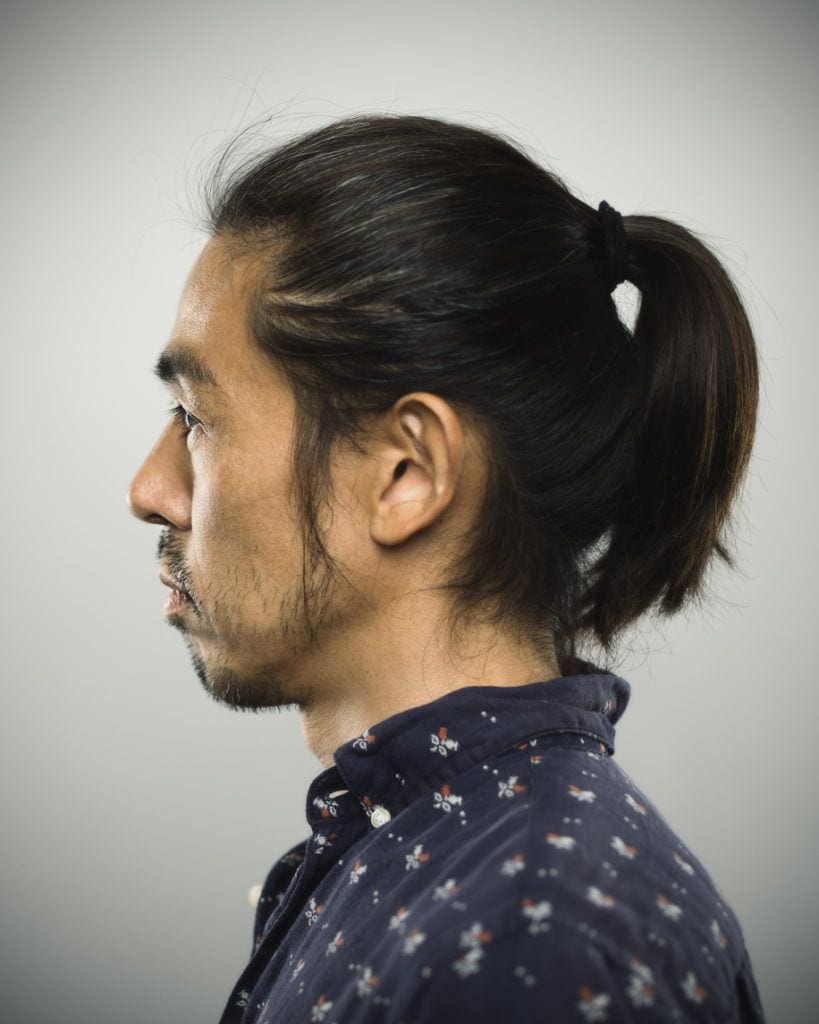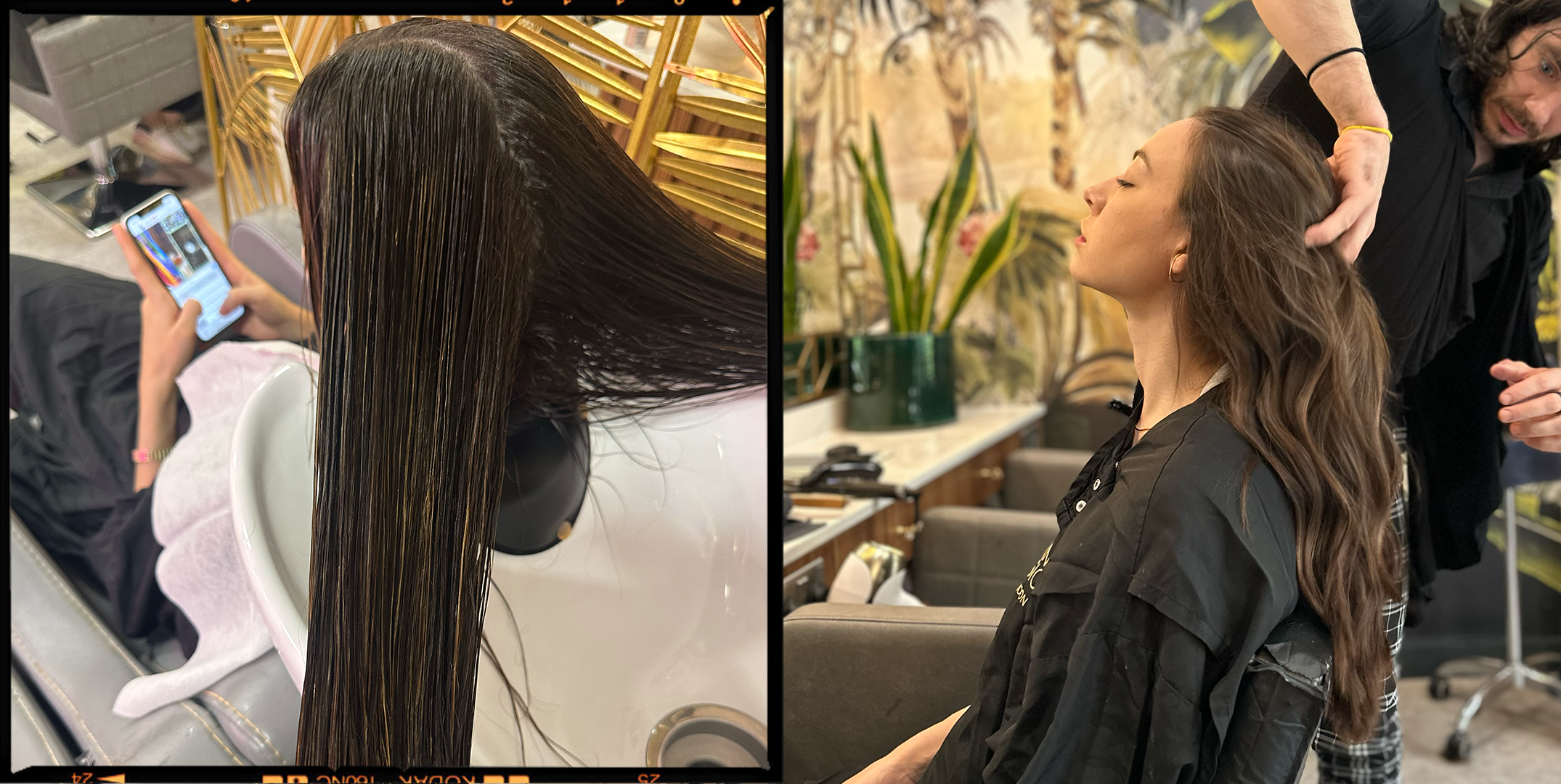Long Hair Policy
Long Hair Policy: What You Need to Know
Introduction
Long hair policies are a common topic of discussion, especially in the workplace. Some employers have strict policies that prohibit employees from wearing long hair, while others are more lenient. There are also a number of religious and cultural groups that have long hair as a part of their tradition.
This blog post will provide you with an overview of long hair policies, including the legal considerations, the pros and cons of different policies, and some frequently asked questions.
Legal Considerations
In the United States, there is no federal law that prohibits employers from having long hair policies. However, there are a number of state and local laws that may protect employees with long hair. For example, some states have laws that prohibit discrimination based on hair texture or hairstyle.
In addition, the Equal Employment Opportunity Commission (EEOC) has issued guidance that suggests that employers may not have policies that discriminate against employees with long hair, unless the policy is necessary for safety or other legitimate business reasons.
Pros and Cons of Different Policies
There are a number of pros and cons to different long hair policies. Some of the potential pros of having a strict policy include:
- Increased safety: Some employers believe that long hair can pose a safety hazard, especially in certain industries, such as manufacturing or construction.
- Professional image: Some employers believe that long hair is unprofessional, and that it sends the wrong message to customers or clients.
Some of the potential cons of having a strict policy include:
- Discrimination: Employees with long hair may feel discriminated against if they are not allowed to wear their hair in a way that is consistent with their religious or cultural beliefs.
- Increased turnover: Employees may be more likely to leave a job if they are not allowed to wear their hair in a way that they feel comfortable with.
Frequently Asked Questions
Here are some of the most frequently asked questions about long hair policies:
- Can my employer force me to cut my hair?
In most cases, no. An employer cannot force you to cut your hair unless the policy is necessary for safety or other legitimate business reasons.
- What if I have a religious or cultural exemption?
If you have a religious or cultural exemption, you may be able to wear your hair in a way that is consistent with your beliefs. However, you will need to provide documentation to support your exemption.
- What if I want to challenge my employer's long hair policy?
If you believe that your employer's long hair policy is discriminatory, you may be able to challenge it. You can do this by filing a complaint with the EEOC or your state's civil rights agency.
Conclusion
Long hair policies are a complex issue, and there is no easy answer. However, by understanding the legal considerations and the pros and cons of different policies, you can make an informed decision about whether or not to challenge your employer's long hair policy.
FAQ
1. What is the difference between a grooming policy and a dress code?
A grooming policy is a set of rules that govern how employees can wear their hair, facial hair, and nails. A dress code is a set of rules that govern how employees can dress.
2. What are some of the most common reasons why employers have long hair policies?
Some of the most common reasons why employers have long hair policies include:
- Safety: Some employers believe that long hair can pose a safety hazard, especially in certain industries, such as manufacturing or construction.
- Professional image: Some employers believe that long hair is unprofessional, and that it sends the wrong message to customers or clients.
- Uniformity: Some employers want to create a sense of uniformity among their employees, and they believe that long hair can disrupt this uniformity.
3. What are some of the arguments against long hair policies?
Some of the arguments against long hair policies include:
- Discrimination: Employees with long hair may feel discriminated against if they are not allowed to wear their hair in a way that is consistent with their religious or cultural beliefs.
- Increased turnover: Employees may be more likely to leave a job if they are not allowed to wear their hair in a way that they feel comfortable with.
- Lack of evidence: There is no evidence that long hair poses a safety hazard in most workplaces.
4. What are some of the steps that employees can take if they disagree with their employer's long hair policy?
Employees who disagree with their employer's long hair policy can take the following steps:
- Talk to their manager or HR department.
- File a complaint with the EEOC or their state's civil rights agency.
- Contact an attorney.
Image of long hair policy
5 images of "long hair policy" from Pinterest:
- Image 1: A sign that says "Long hair must be tied back in a neat ponytail or bun."
- Image 2: A woman with long hair tied back in a bun.

- Image 3: A man with long hair tied back in a ponytail.

- Image 4: A group of students with long hair, all of whom have it tied back.
- Image 5: A policy manual that includes a section on long hair, which states that it must be "neatly groomed and kept out of the face."

These images show that there are a variety of ways to wear long hair in a professional setting. Whether it is tied back in a ponytail, bun, or braid, or simply styled so that it is neat and out of the face, long hair can be worn in a way that is both stylish and professional.
Immerse yourself in the enchanting realm of hair beauty at Tresses and Trends, your go-to source for breathtaking hair inspiration and professional tips.





Post a Comment for "Long Hair Policy"